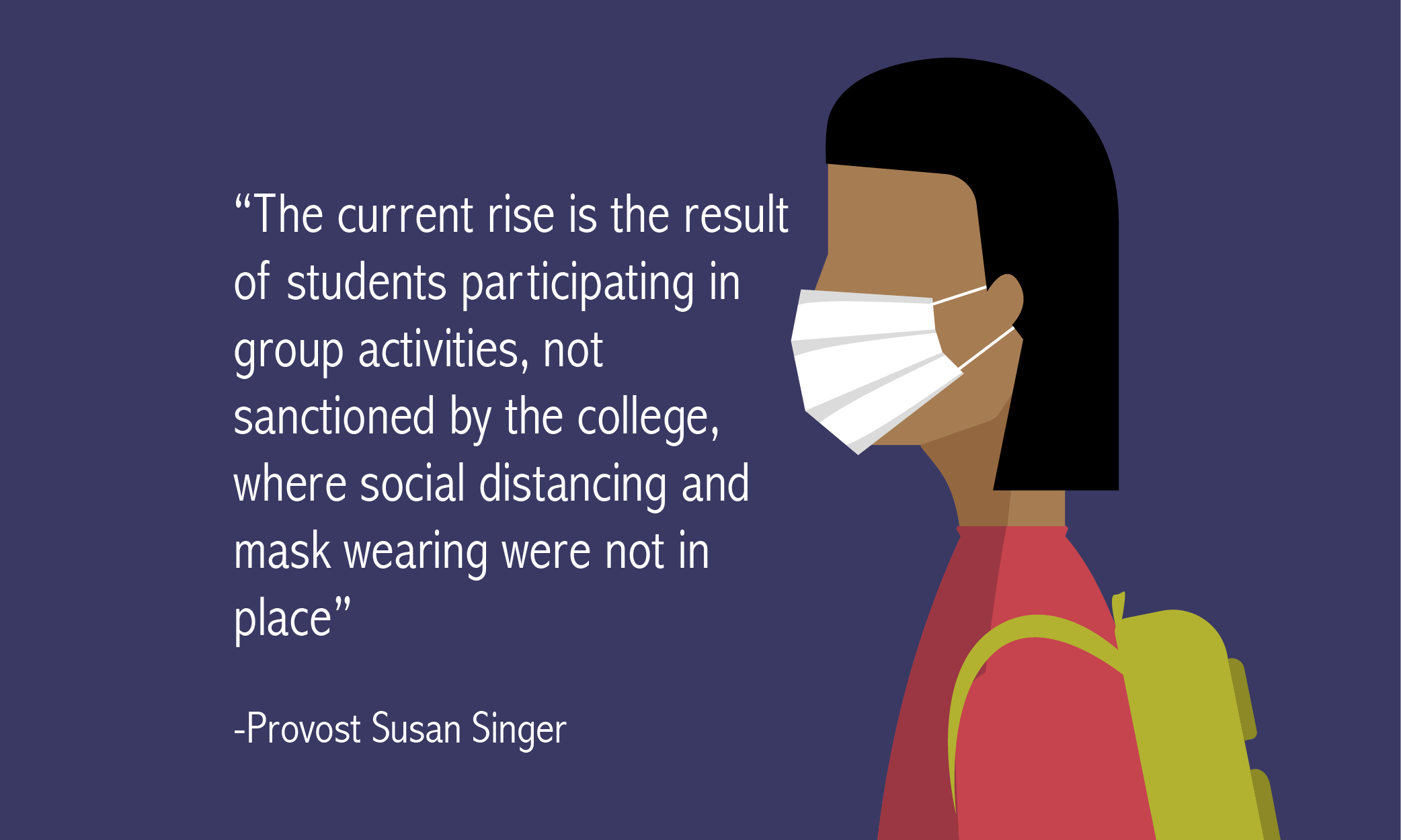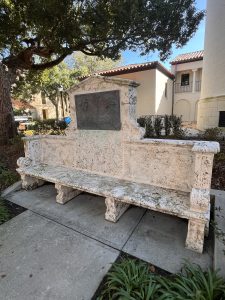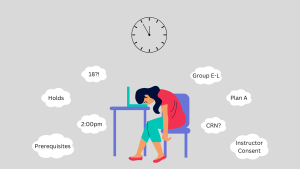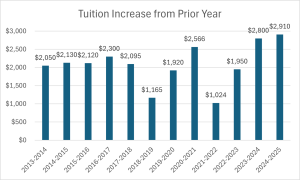FSL, athletic communities comprise the largest portion of positive cases, face added restrictions
As of Mar. 3, the Rollins community COVID-19 positivity rate has skyrocketed to 8.10 percent due to students participating in group activities off campus. This is the first time in the academic year that Rollins’ positivity rate has surpassed 5 percent.
While the COVID-19 positivity rate is decreasing in Orange County as of Mar. 3, Rollins’ positivity rate has increased. Rollins sits at a positivity rate of 8.10 percent, while the surrounding county has the overall positivity rate of 5.3 percent.
“The current rise is the result of students participating in group activities, not sanctioned by the college, where social distancing and mask wearing were not in place,” said Provost Susan Singer.
These activities are in violation of the Tars Promise that students were required to sign at the beginning of the academic year. Precautions such as the #CampusClear app, residential hall wastewater effluent tracing, seating capacity in all dining halls, and more have remained since the beginning of the school year.
In addition to an increase in positive cases, the severity of symptoms on campus have increased. In the town hall on Wednesday night, Singer and Wellness Director Connie Briscoe said that students are sicker this semester compared to last, with “more cases of fever and difficulty breathing.”
Rollins dedicated a task force to the pandemic, whose policies follow the guidelines of the Florida Department of Public Health, the CDC, and the state-appointed epidemiologist. As for combatting this recent spike in cases, efforts in contact tracing were increased and even expanded to require testing of certain groups that showed indications of risk.
Leon Hayner, interim AVP for Student Affairs and dean of students, said that he is not concerned about the impact the recent spike in cases will have on the classroom and that there is no reason to believe that the transmission of the virus occurs in classes.
The two faculty members who have tested positive in the past two weeks caught the virus off-campus.
There is no set upper limit on the COVID-19 positivity rate according to those on the COVID-19 task force. Percentage alone will not be the deciding factor on whether or not students are made to attend classes virtually and or move back home. Deciding to send students home would be based on a multitude of factors, including if many necessary employees caught the virus in the same two-week time span.
“As of today, we do not anticipate sending our student body home before the end of the semester,” said Singer.
While students do not need to worry about being sent home, certain communities on campus are experiencing a change in daily life.
Both athletes and Fraternity and Sorority Life (FSL) communities were hit the hardest by this spike, with 67 percent of the recent positive tests coming from those in FSL. As a result of these correlations, Rollins decided that the safest way to protect the Rollins community was to shut down FSL until Mar. 8.
Athletes are required to halt competitions until the campus positivity rate shrinks back to below 5 percent.
In addition to individual organization impacts, Rollins Dining has increased its COVID-19 precautionary measures since the spike in cases.
“In times when numbers increase, we also have to increase the amount of associates that have to pack meals and deliver to the dorms, as well as increase sanitation of dining areas,” said Cristina Cabanilla, director of Dining Services.
Dining Services members have been working diligently to increase their capacity for delivery to students in quarantine and isolation. Cabanilla said that the goal is to “increase our capacity to the 300 to 400 meal range.”
Rollins administration is also ramping up testing. In the COVID-19 town hall Wednesday night, Singer said that, on Monday alone, 100 students were tested for COVID-19. She also said that the college is administering at least 400 tests per week.
In order to return to near-normal on campus, students are required to abide by the Tars Promise. Denise Snyder, Leon Hayner, and Susan Singer emphasized the importance of students wearing masks and social distancing to keep our community safe.
















Comments are closed.